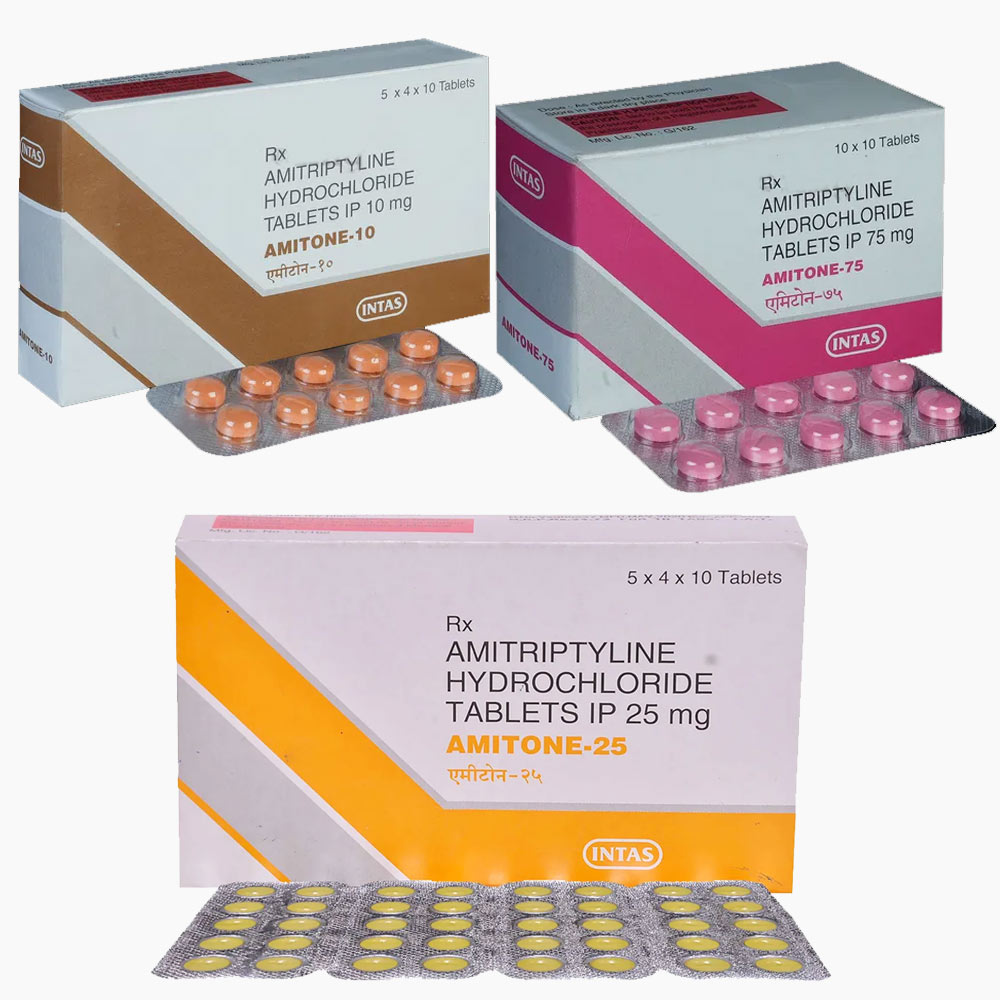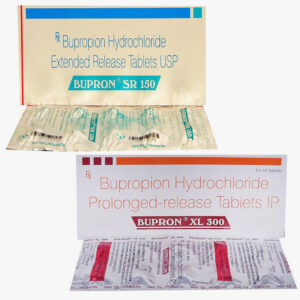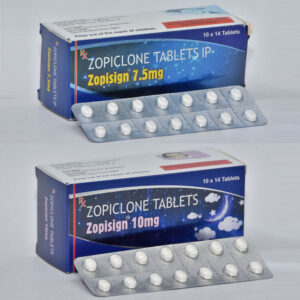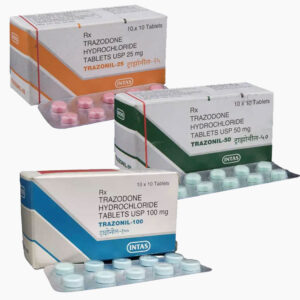Description
Benefits of Amitone Tablet
In Treatment of Depression
Amitone 25mg Tablet works by affecting the balance of certain chemicals (such as serotonin) in the brain. It helps improve mood and feelings of well-being, relieve anxiety and tension, helps you sleep better, and increase your energy level. Amitone 25mg Tablet is readily absorbed and starts action within approximately 6 hours of taking it orally (by mouth). It is an effective antidepressant but may cause drowsiness. You need to take it regularly as it is prescribed for it to be most effective and should not stop taking it suddenly.
In Neuropathic pain
Amitone 25mg Tablet helps in relieving neuropathic pain caused by nerve damage in certain conditions. These may include painful diabetic neuropathy, post-herpetic neuralgia, or spinal cord disease. It works by affecting chemicals in the brain called neurotransmitters. By relieving pain, it helps improve your quality of life.
In Treatment of Migraine
Amitone 25mg Tablet helps prevent migraines by changing the way that your nerves receive pain signals. By preventing and reducing the frequency of headaches, it can help you carry out your daily activities and have a better quality of life.
How Amitone Tablet works
Amitone 25mg Tablet contains Amitriptyline, a tricyclic antidepressant. It has anticholinergic and sedative properties. It prevents the reuptake, and hence the inactivation of neurotransmitters called noradrenaline and serotonin, that are present at the nerve terminals in our brain. Reuptake prevention of these monoamine neurotransmitters potentiate their action in the brain. This appears to be associated with the antidepressant activity and helps in regulating the mood. It also stops the transmission of pain signals from nerves to the brain thereby relieving neuropathic pain (pain from damaged nerves).
Side effects
- Constipation
- Dryness in mouth
- Orthostatic hypotension (sudden lowering of blood pressure on standing)
- Weight gain
- Aggressive behavior
- Nasal congestion (stuffy nose)
- Sleepiness
- Dizziness
- Headache
- Decreased libido
- Nausea
- Fatigue
- Confusion
- Tremors
- Speech disorder
- Palpitations
- Taste change
- Paresthesia (tingling or pricking sensation)
- Abnormality of voluntary movements
- Loss of accommodation
- Atrioventricular block
- Micturition disorders
- Erectile dysfunction
- Abnormal ECG
- Decreased sodium level in blood







